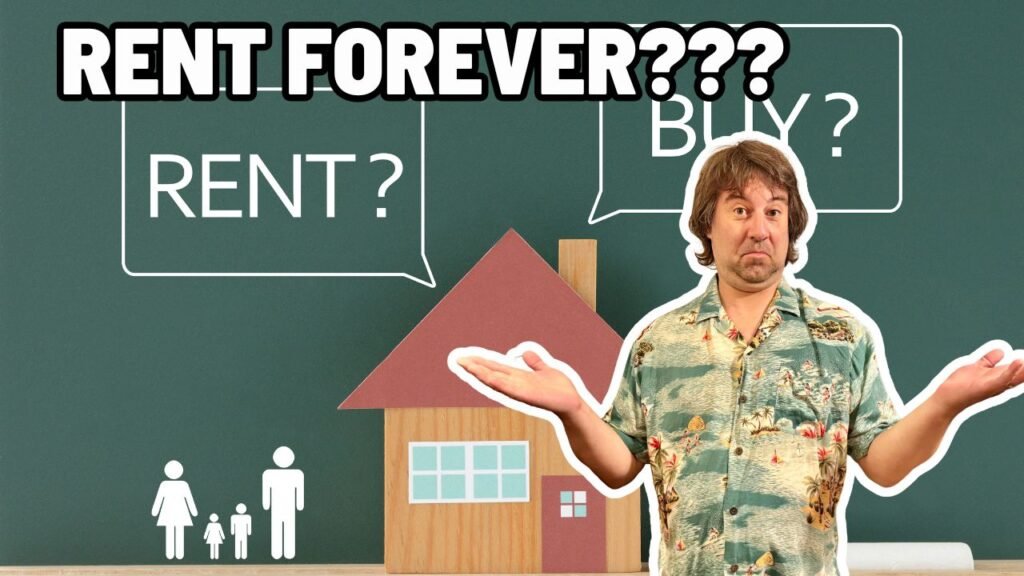
In today’s challenging housing market, with soaring interest rates and stubbornly high home prices, many potential buyers are feeling discouraged. But what if there’s another way? Let’s explore the often-overlooked benefits of renting long-term and why it might be a smart financial strategy.
The Investment Advantage
Conventional wisdom tells us that buying a home is the best way to build wealth. However, there’s another perspective to consider. Some savvy individuals are choosing to rent and invest their extra money instead, potentially boosting their net worth through interest income
It’s important to remember that homeownership costs aren’t just about the purchase price. There are many external factors to consider, some of which can be unpredictable. For instance, Florida homeowners recently faced a triple threat of higher property taxes, skyrocketing insurance costs, and increased HOA fees[1].
Top Reasons to Keep Renting
1. Freedom from Long-Term Debt
When you buy a home, your money is essentially locked up for years. With a mortgage, you’re not just paying the purchase price but also significant interest over time. Renting eliminates the need for this long-term financial commitment
2. Protection from Market Instability
The housing market is influenced by numerous variables beyond your control. As a renter, you’re insulated from the volatility that can impact homeowners, such as declining property values or housing market crashes
3. No Worries About Property Value
Home values can fluctuate, and there’s always a risk of ending up underwater on your loan if prices fall. Renters don’t have to concern themselves with property appreciation or depreciation
4. Escape from Maintenance Headaches
Homeowners face ongoing costs for repairs, upgrades, and maintenance. Renters, on the other hand, are “immunized” from major repairs as these responsibilities fall to the property owner
5. Flexibility to Move
Renting offers greater flexibility if you need to relocate. Most leases are short-term, and there are often options to break a lease or sublet if necessary. This flexibility can be particularly valuable for career opportunities or personal reasons
The Flip Side: Downsides of Renting
Of course, renting isn’t without its drawbacks. Renters typically have limited ability to modify their living space, which can impact quality of life. There’s also no guarantee of cost stability, and renters miss out on certain tax deductions available to homeowners
Perhaps most significantly, renters don’t build equity, which is a primary way to accumulate generational wealth
Conclusion
Ultimately, the decision to rent or buy depends on your individual circumstances and financial goals. While homeownership has its advantages, renting can offer financial flexibility and freedom from certain responsibilities. Consider your options carefully and choose the path that best aligns with your long-term objectives.
Remember, there’s no one-size-fits-all solution. Whether you decide to rent or buy, the key is to make an informed decision that supports your financial well-being and lifestyle preferences.
